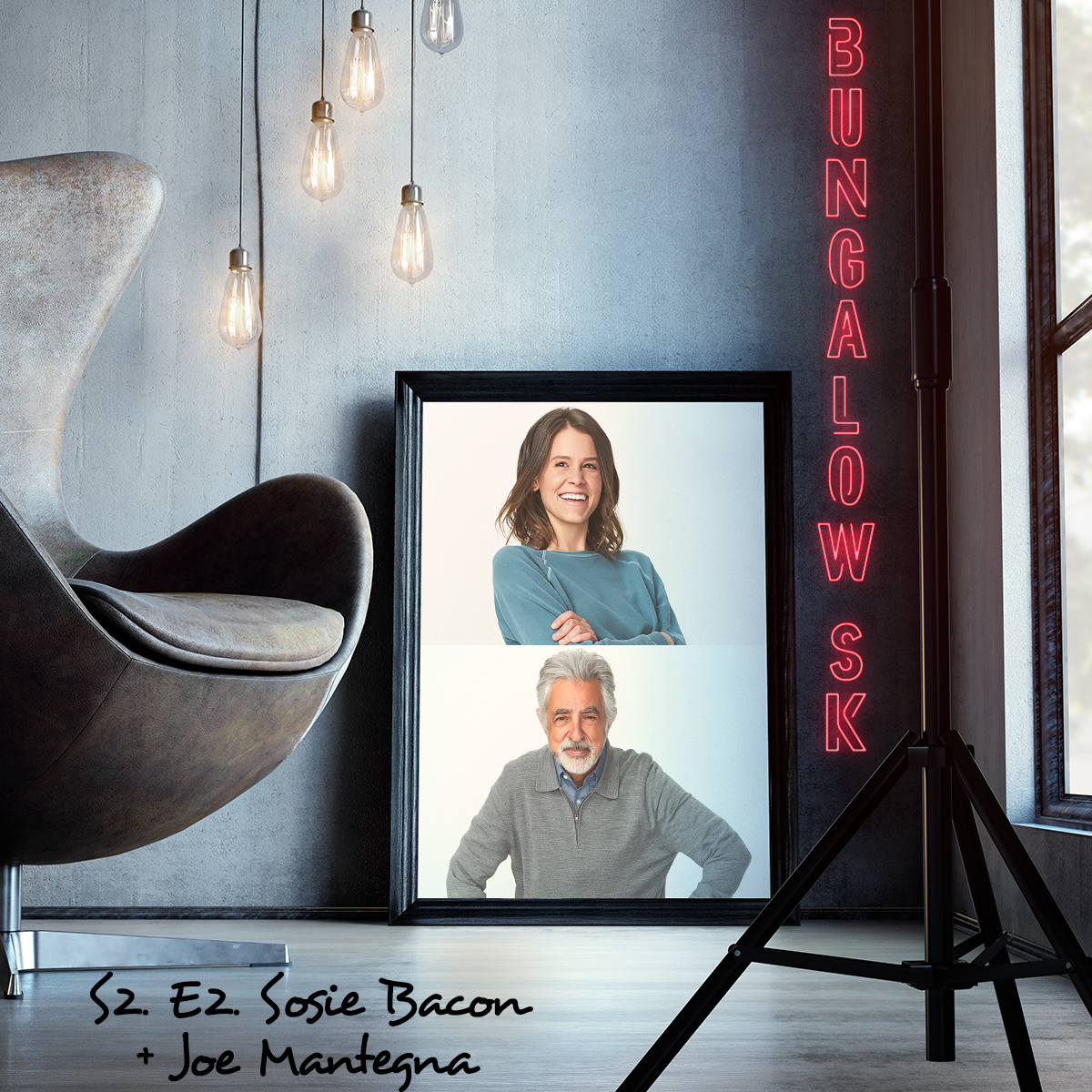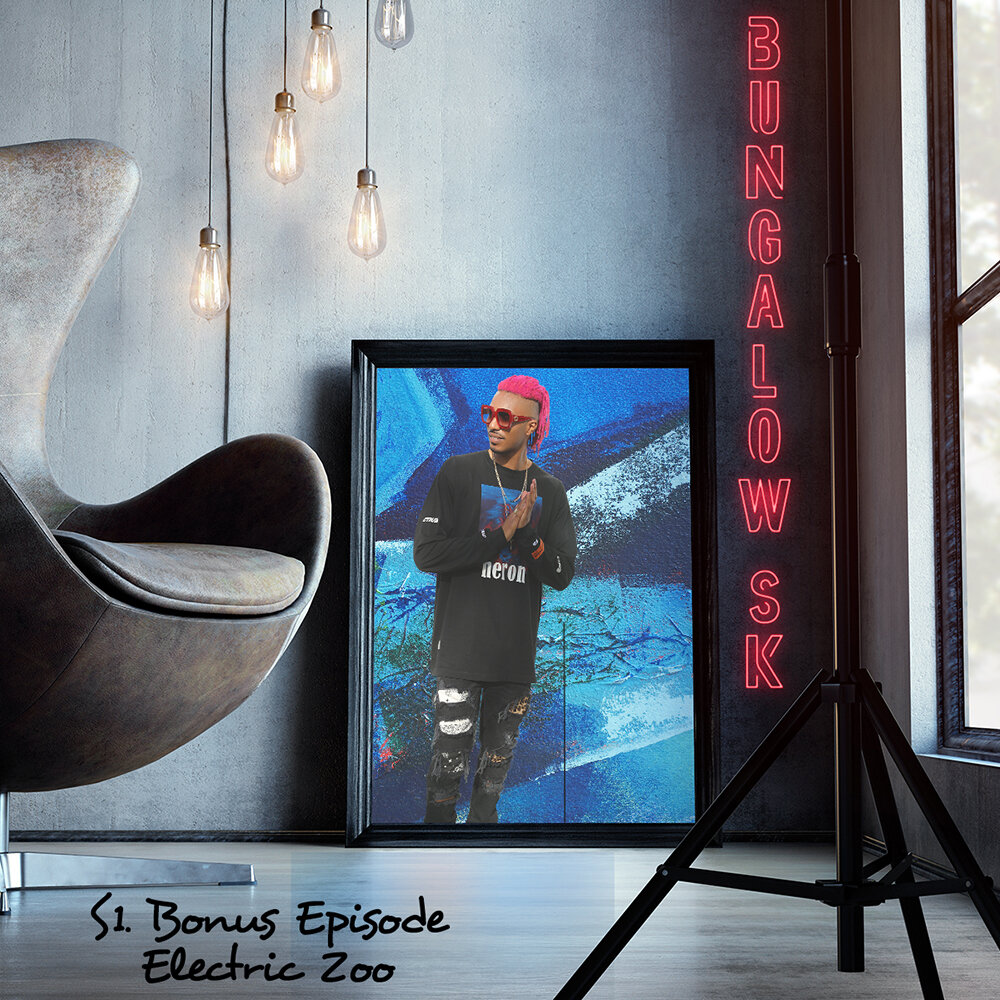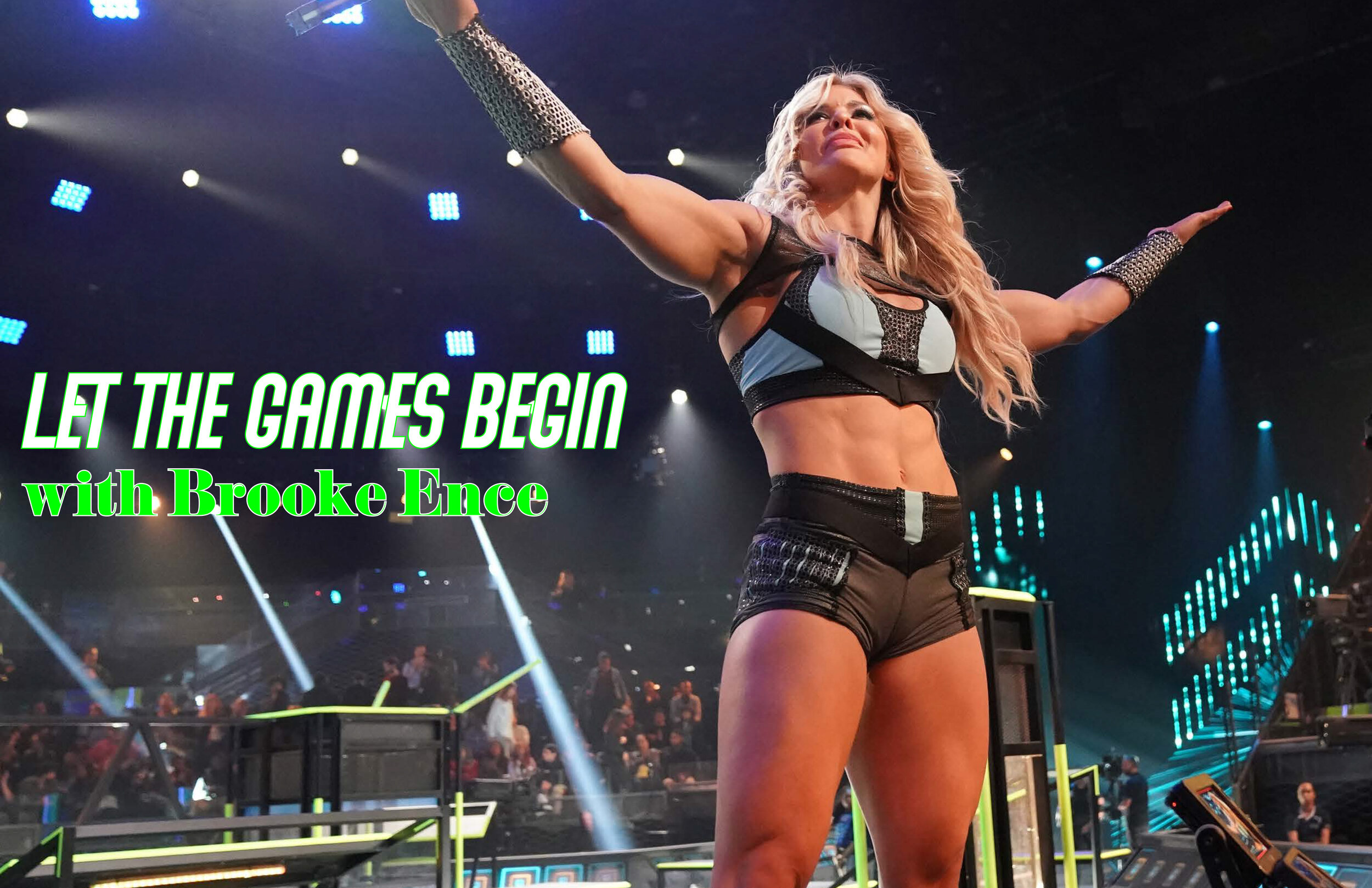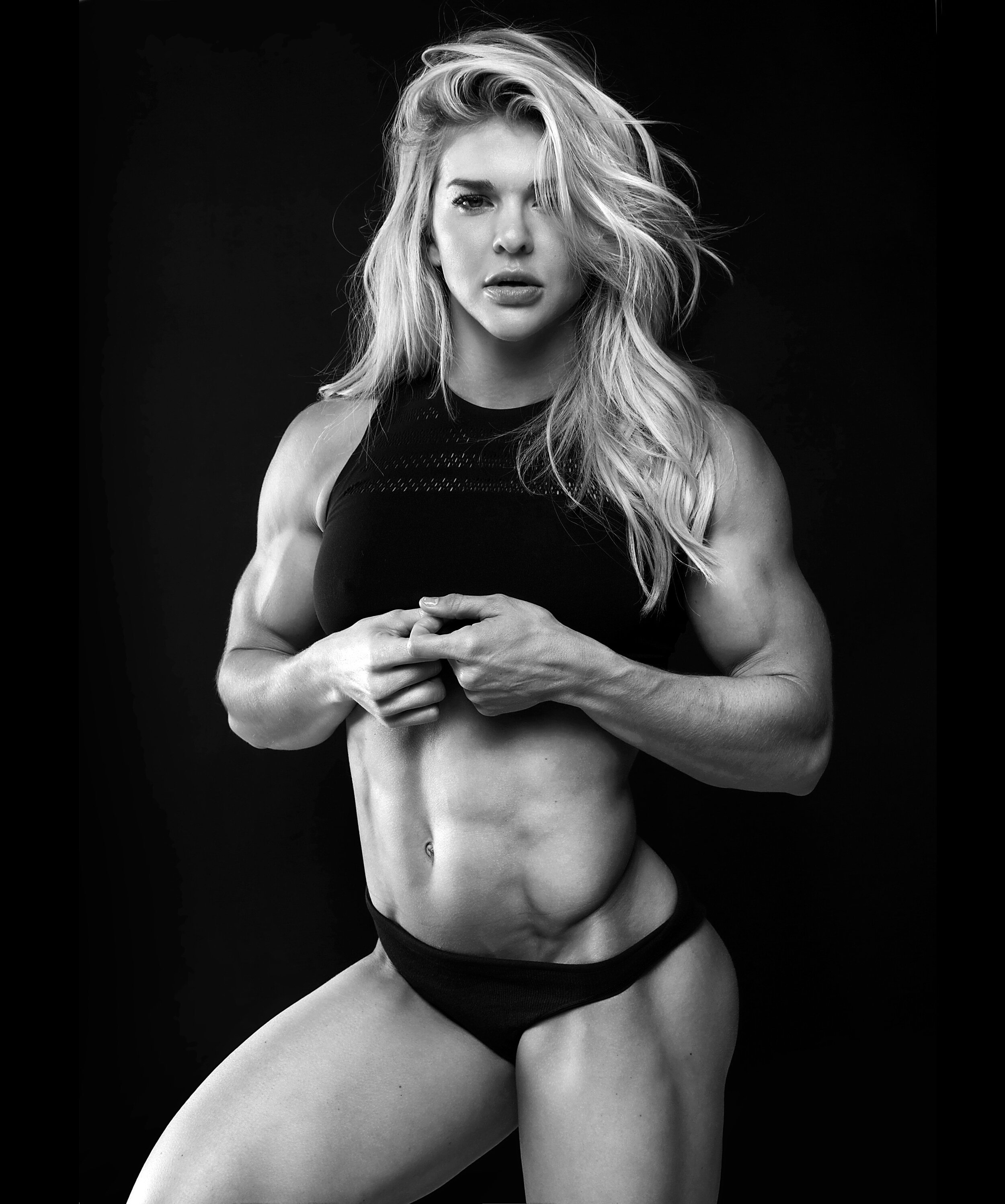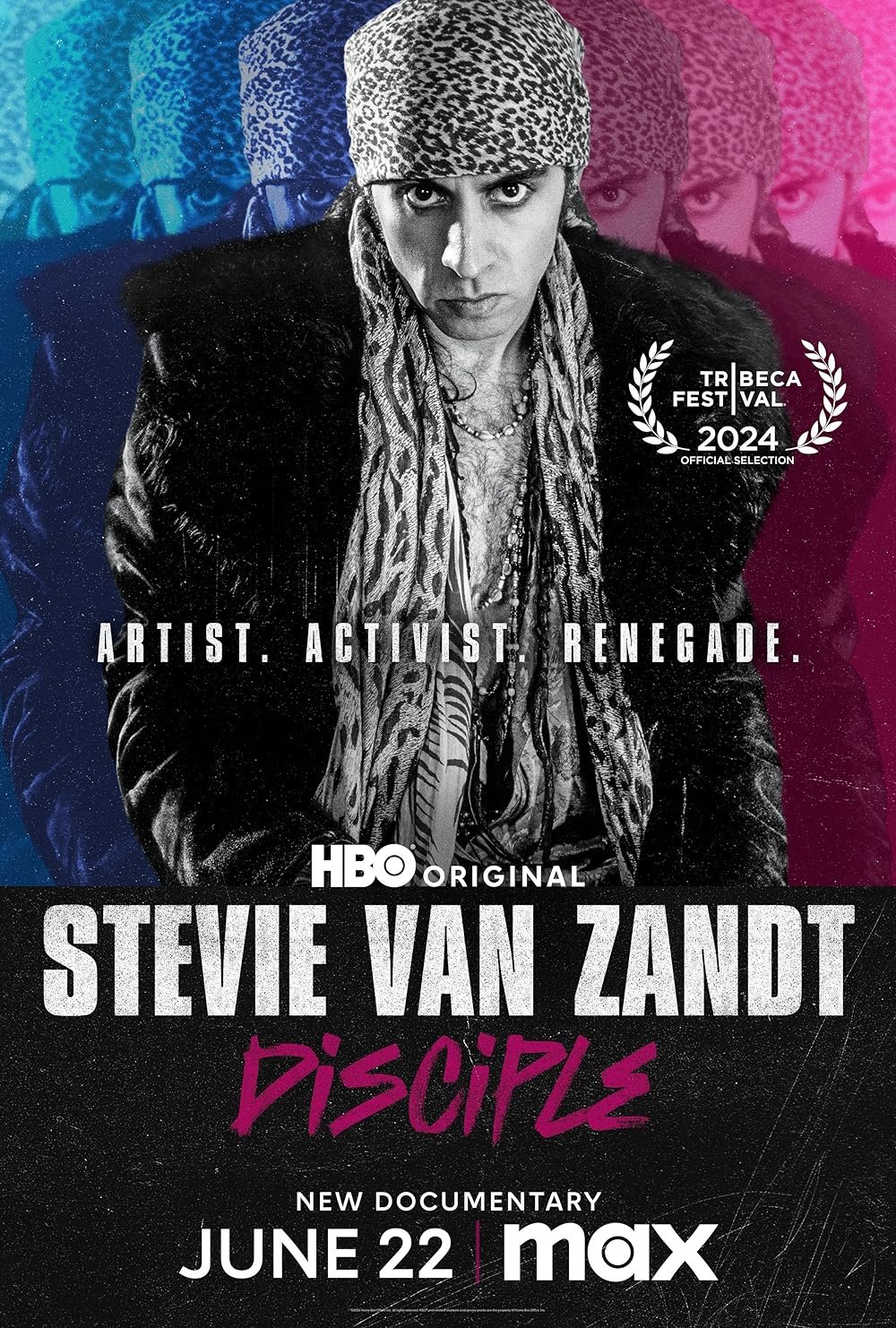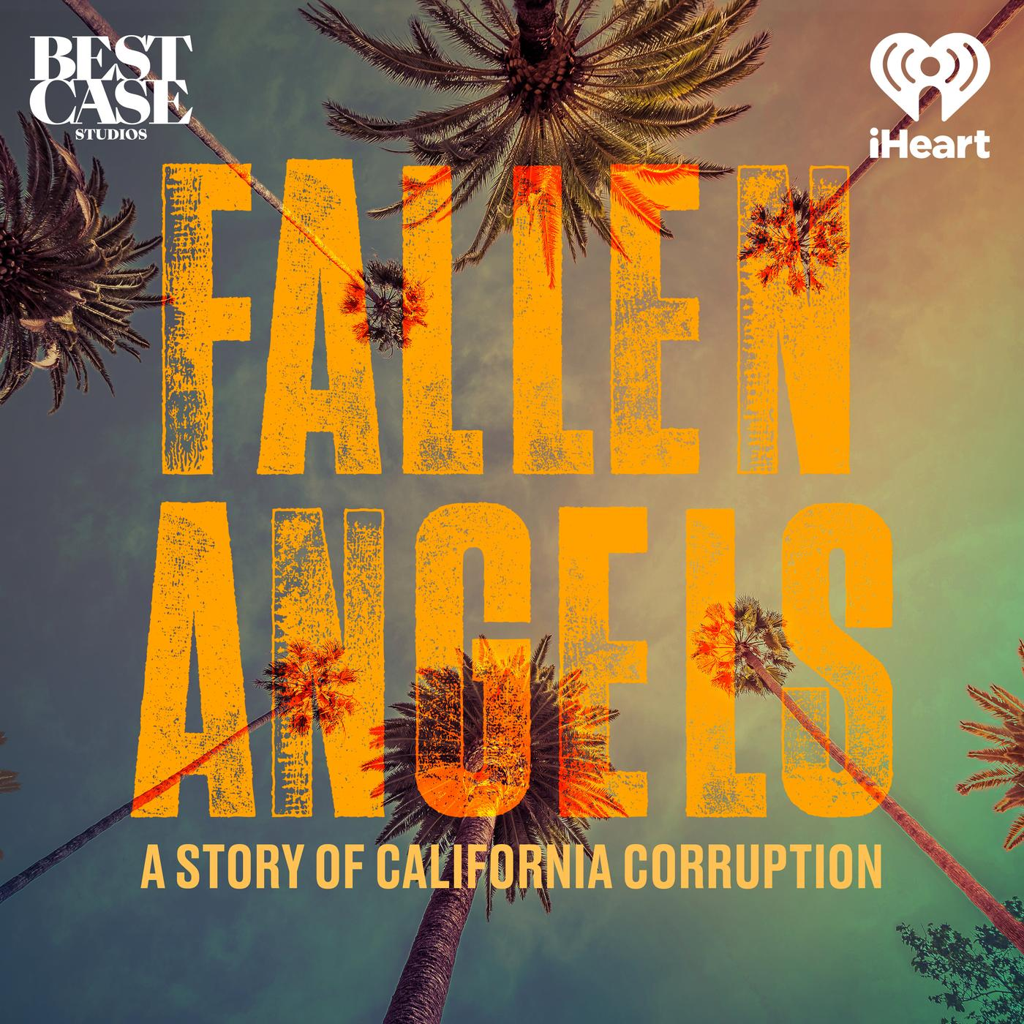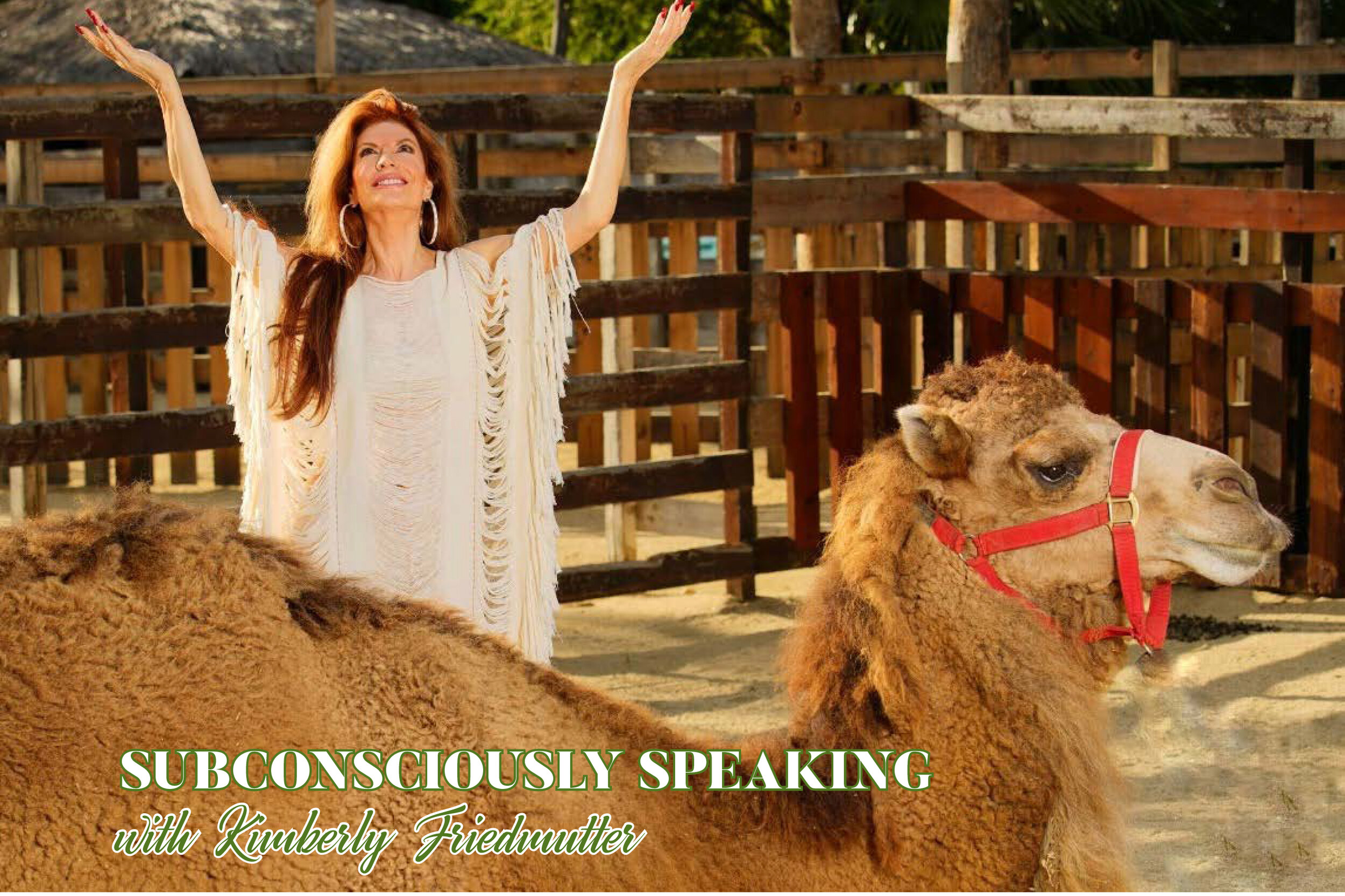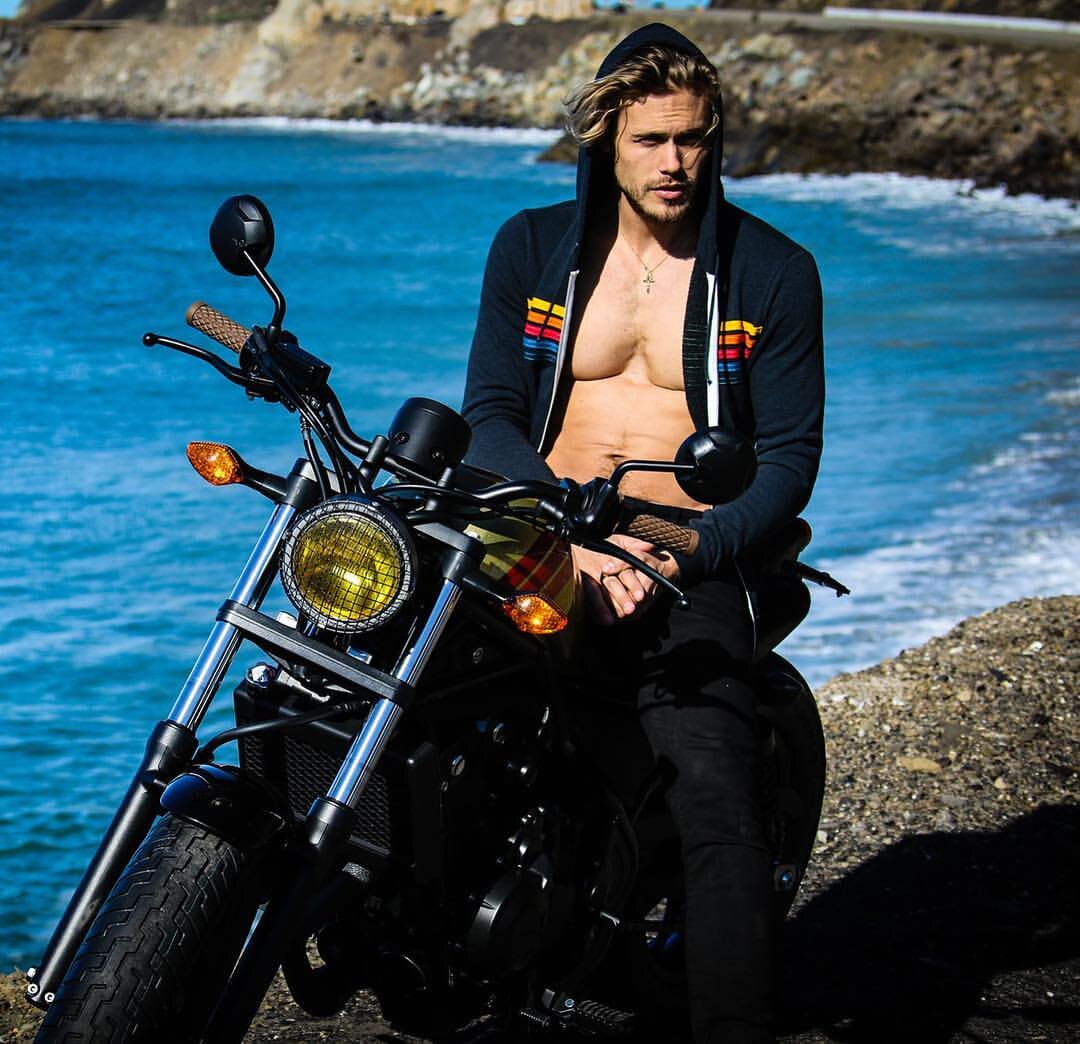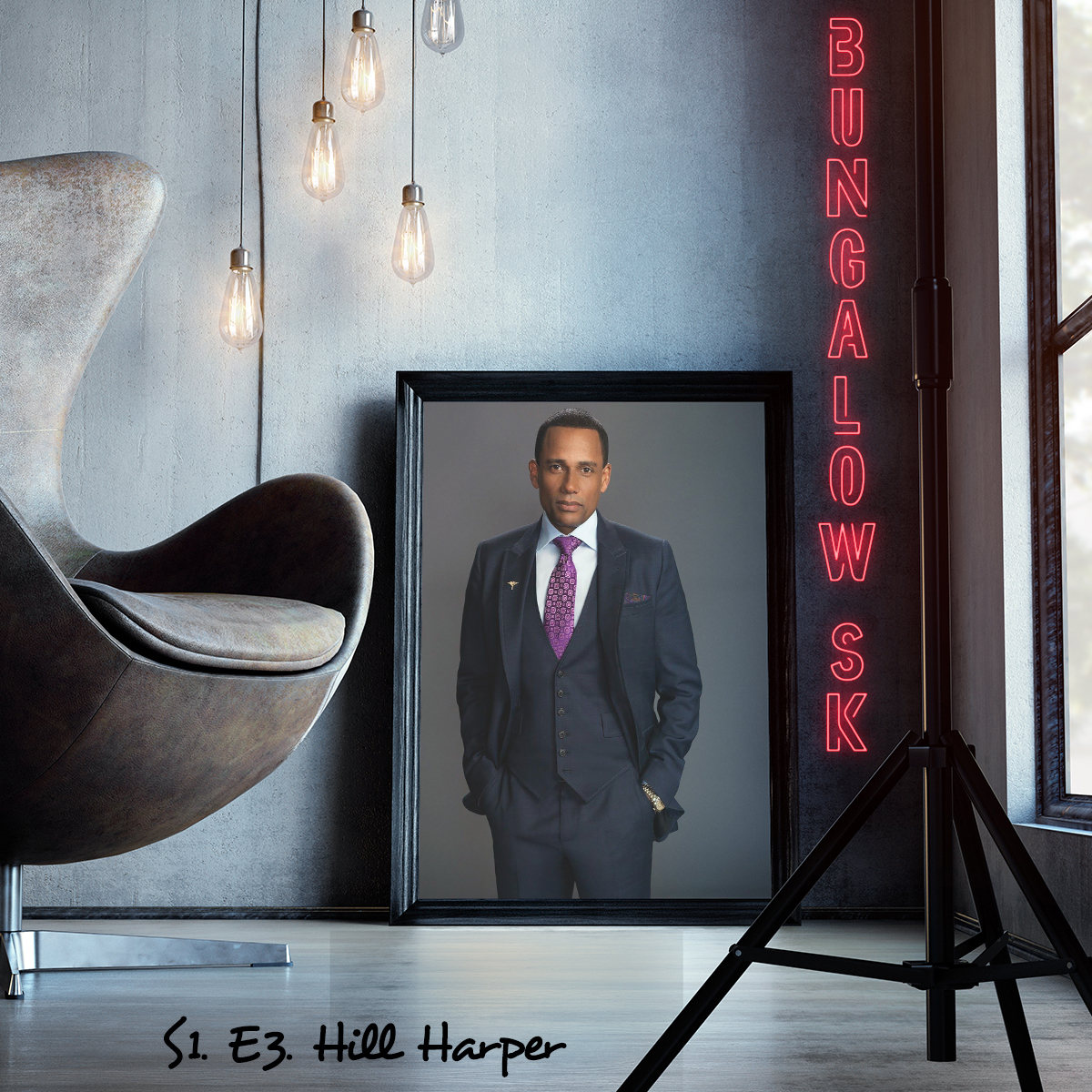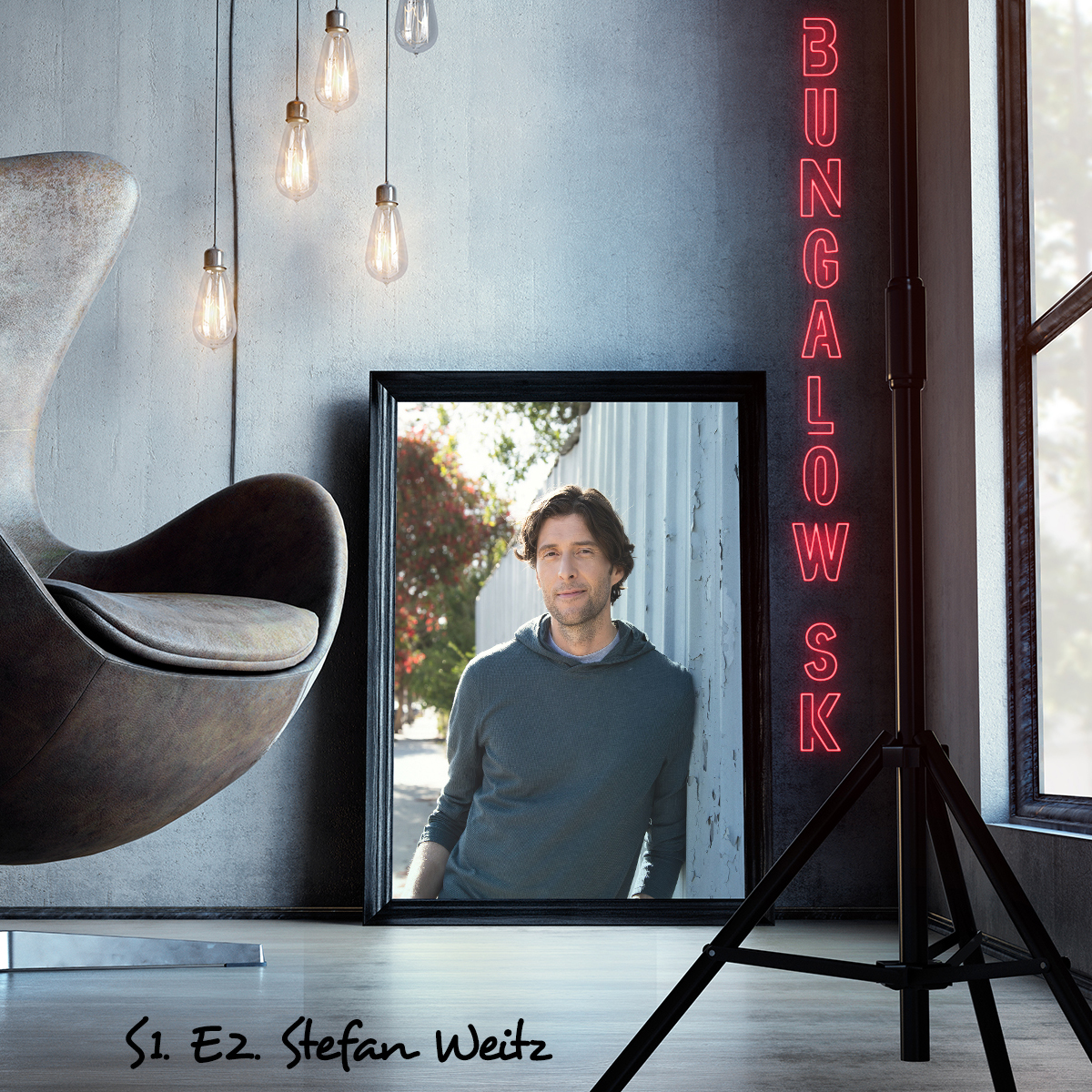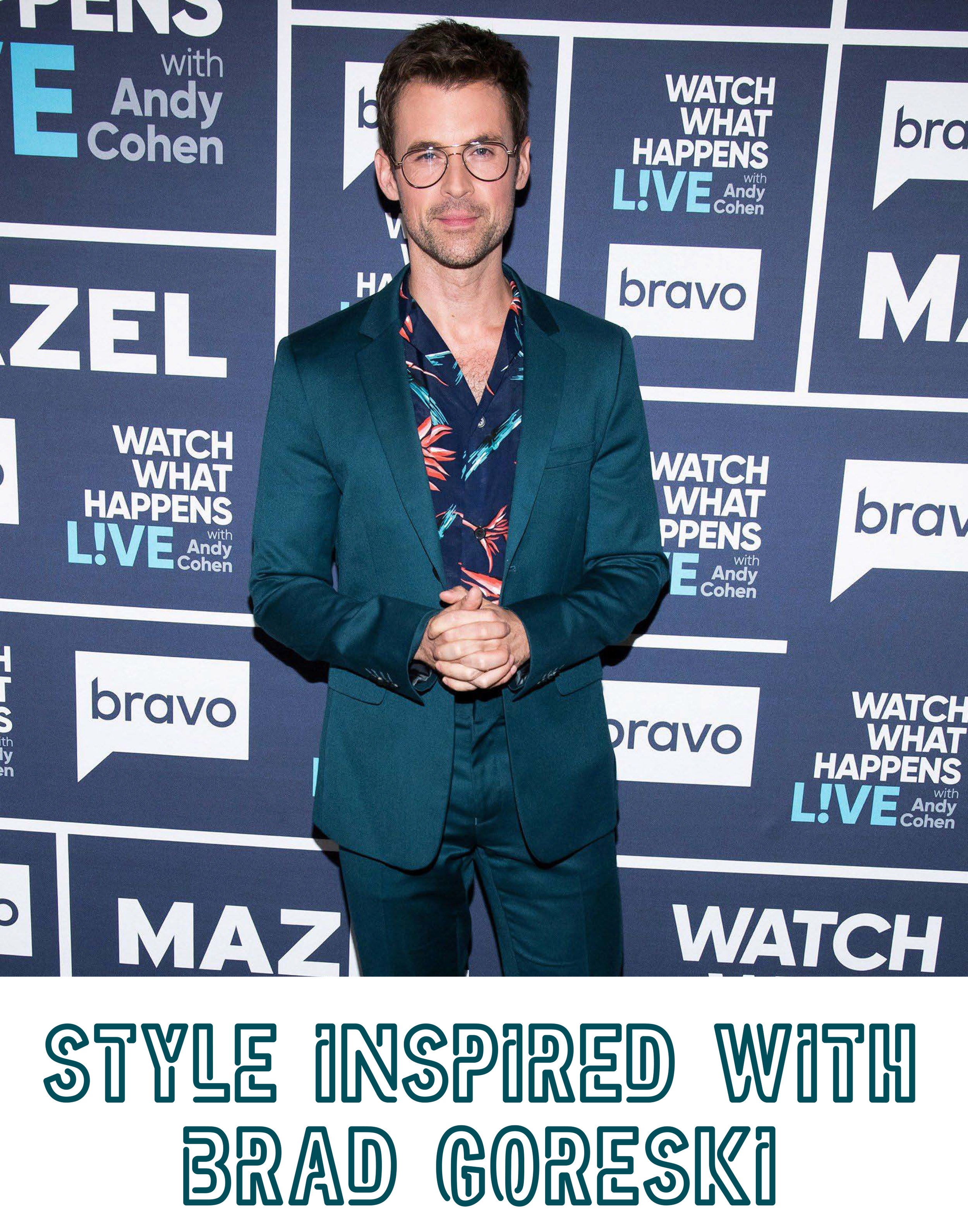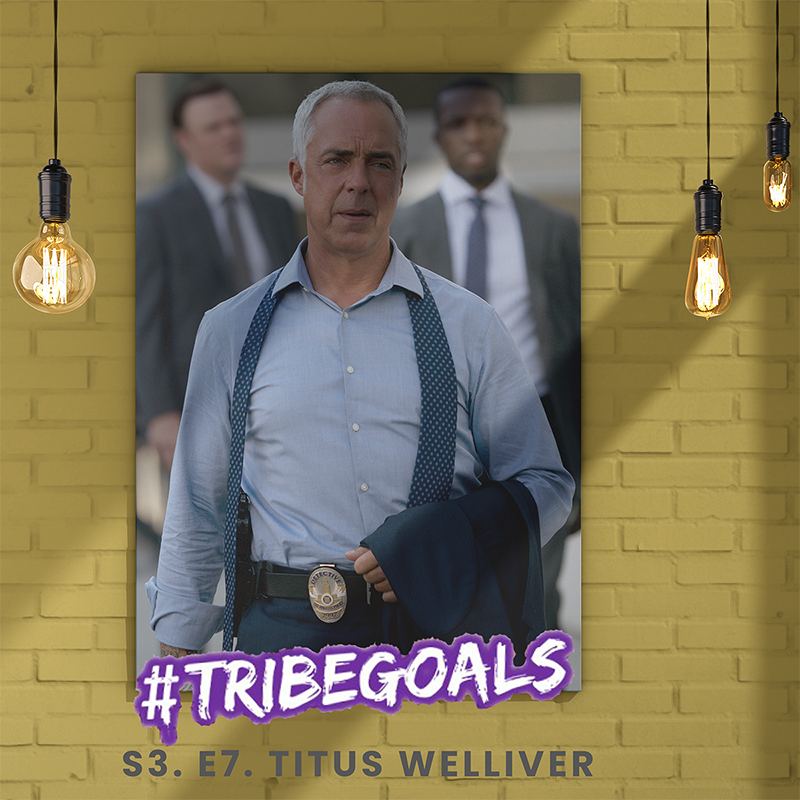Premiering on Jan 21st, Prime Video dropped As We See It which follows 3 neurodiverse 20-somethings who are roommates as they navigate getting their lives together and figuring out what they want to do. Played by actors who are on the autism spectrum, we see them go to work, push past their fears, have relationships with family and friends and more. In addition, we also see how their friends and family navigate their independence as well as the importance of having guidance by their aide. If you have yet to see this 8 episode series that is out now, there are spoilers in this interview that we had with Sosie Bacon (13 Reasons Why, NARCOS: Mexico, Mare of Easttown) who plays the life coach aide Mandy and Joe Mantegna (Criminal Minds, The Simpsons, The Godfather: Part III) who plays Lou, a father to Jack who is autistic. We talk about the importance of representation as well as diversity. We also talk about the themes that are discussed in this comedic drama.
ATHLEISURE MAG: What attracted you to wanting to be in As We See It?
SOSIE BACON: It was a great pilot script at a time that there were so many scripts coming in, but none of them was something that I was connected to – but I was auditioning for all of them. When you find a good one, you just hope that it’s randomly the one that you get. In this situation, it actually worked out that way as it never does. I think that the relationships are just so clear and so funny as well as touching. Jason Katims (Friday Night Lights, Parenthood, Roswell) has such a way with writing and every scene has such an arc and it’s a dream for an actor to be able to work with him because it’s easy. It’s all there, it’s all written and all you have to do is be in the character and be in the moment and play. So dream job!
AM: How did you prepare for the role of being Mandy?
SB: Originally, we shot the pilot 2 years before we shot the rest of the show because of COVID and all of that stuff. So with the pilot, I think that there were a lot of things with Mandy that were very similar to me – it’s actually the closest to my personality that I have ever played. I thought that that would be easy, but it was actually more difficult! I did my normal process of preparation which I will spare you, but I observed Elaine Hall who was our on set rep – their life coach like my character Mandy for Rick Glassman (Barely Famous, Undateable, Nobodies) Albert Rutecki, Sue Ann Pien (Ballers, Hellraiser: Revelations, Morgan Spurlock Inside Man). She has a program called The Miracle Project which is at the Wallis Annenburg Center for the Performing Arts adults on the spectrum do theater and write plays and they have aids there with them. I watched and observed and it was great. It was super informative and I was interested in finding out how they talk to each other, what’s the communication like, how much do they teach versus guide and that was so helpful. I learned a lot from that. Elaine was also on set all the time so I could ask her.
AM: Was there an additional person besides Elaine that told you about aides? I had never heard of this or knew that there was someone who was involved in that way.
SB: Yeah, Elaine told me about some people Mandy’s age who had that job sort of right after they graduated college and I talked to one girl who does this. It’s a job that people have and I wasn’t fully aware of it either. Elaine was just an amazing resource for all things about autism and aides. She has dedicated her life to it and I could just ask her questions all of the time and it was just incredible.
AM: One of the things that was interesting was that we see the 3 roommates, they have their own lives, they’re together and we see them with their families, but you’re character is the only one who truly integrates and sees the birds eye views with the highs and the lows - what was it like to be involved in this show that shares the diversity of what autism is?
SB: I think that that’s one of the great things about this show is that every person with autism is different. I think that sometimes people get wrapped up in these medical diagnoses that’s just a set of options that if you check off enough – you’re autistic – you know what I mean? There are things on there that I have, you know what I mean? It’s such a mathematical science with a lot of medicine, but everyone is completely different – like meeting me and then meeting my brother. I don’t think that there is one kind of mold to talk to any person in this world and I think that the beauty of the character that Jason wrote in Mandy is that she is adaptable. She is a person, open and non judgmental – she can navigate all of it. Elaine will tell you too – there are no sets of rules. Everybody will surprise you. Did I answer your question?
AM: Yes. To be honest, as someone who was not well versed in this topic, watching the series and the characters really opened up this world of what it means to be on the spectrum as the abilities are as varied as the goals, they are various focuses and needs/interests. There are some things that they can do that are easier than others and seeing it across 3 people really reflected that there hasn’t been a show showing autism like this in its varied forms and it was eye opening.
SB: Totally and everyone is different. It’s like what I said, it’s a diagnosis. I mean if you look at ADD this person has it and that person has it, but I feel like when you’re saying learning differences this term is kind of a joke. I don’t know what we’re weighing it against – who has the normal brain – I don’t know if I have ever met someone with that. What does that mean?
I like that they’re showing people at different levels and how everyone is experiencing life differently.
AM: Truly after watching the 8 episodes, I wanted there to be more and to go deeper into these stories! If there was a second season, what would you like to explore with Mandy and the clients that she has if you were able to give some notes?
SB: Well I certainly don’t want Mandy to quit – ha!
AM: That’s for sure!
SB: I think that there are so many different ways that it could go! I will leave that up to Jason, but I would want them to be able to stay together. I love all of the things that have happened. Things happen and we watch how they process them. To me, that’s my favorite stuff. I like to see friends and family deal with real life issues. Every single person in this show is dealing with real life issues they have so much room to have so many things happen. I want to see how they all deal with it!
ATHLEISURE MAG: What drew you to As We See It and why did you want to be involved?
JOE MANTEGNA: Well, I’ve said this before, but one of my sayings in my career is, “if it ain’t on the page, it ain’t on the stage.” In this instance, it was on the page. So when I read that first pilot script, I thought to myself that this was one of the best pieces of television writing that I have read in my career. Also having a personal connection where I have a daughter with autism who is 34 years old now. That and the quality of the script resonated with me very strongly. My initial feeling was, I want to meet with this Jason Katims regardless – even if I end up not being able to do the show because I want to talk to him and let him know how good I think that this is and how successful that I think that it should be. We’ll see where it goes from there. As it turned out, where it went from there was that I ended up being able to play the role and wound up doing all 8 episodes and I think it came out the way that I hoped they would. So it was all that I hoped that it would be.
AM: What was your process like in being able to play Lou?
JM: Part of it was being a father of a 34 year old daughter with autism. I did a lot of that preparation just in my life. Not that it made it easier, but it made it something that I could certainly relate to aspects of it as it’s not all the same – because it’s not. You know, people in the autism spectrum are going to run the gamut just like people who are not on the autism spectrum. People are people – people are different.
But in terms of prep, you know I have been doing this a long time. I’ve been an actor for over 50 years and I have been on the planet for 70 years. So if nothing else, I have a lot of life experience going for me. I think that all of those things come into play and sometimes it’s hard to point to one thing or a couple of things, but I was just happy to do something that I thought had humor, had pathos, was serious and yet could laugh at itself, make people laugh and be very honest.
It made it easy. I think you have to prepare harder for things that need the attention and needs the work. This didn’t need to be fixed.
AM: In watching the storyline between your character, Lou and his son Jack, there were two themes that kept jumping out. Advocacy – how Lou was with his son and how the son was trying to be so with Lou. The concept of passing was also evident here. Typically when this term is discussed it has a racial construct around it but here the story shares that you character wants to live his life and to pass as someone who doesn’t have cancer so he can just live his life and with Jack, we see him wanting to live his life in a way that no one knows that he has autism. Why was it important that these 2 themes needed to be explored?
JM: Because I think that that’s what happens in life. Again, it’s an honest portrayal in that life itself is not one dimensional. I’m always amazed by the fact that you can read a story and you figure that that person has the world by the tail and then you read a week later that that person committed suicide and then you wonder what was going on there. Because on the surface, it looked like everything was hunky-dory. That’s what I mean and I think it’s just that. Everyone has more complexities than are sometimes apparent on the surface. That’s what’s explored here as well between myself and Rick’s character.
AM: You know, after watching the 8 episodes, I was hoping that there was more! It was really good! How do you think that your character Lou felt about his son and all of the progress that he made?
JM: Well I mean, obviously it’s still a work in progress as it should be. In other words, if all is right with the world, we will get the opportunity to move onto episode 9 and beyond to be able to continue and tell the story. Where we end it is like, “ok, this is where we are at this point in the story.” If people want to see it badly enough, we will just keep on as we do in life. You know, we don’t know and no one has a roadmap of what their life is going to be. You don’t know what tomorrow is going to be and so you just take each day as it comes and play it by ear and see where it takes you. So that’s the story that we told in 8 episodes now let’s see if we have the opportunity to keep expanding on top of that to see where it takes us.
AM: I hope so! A few years ago, we had the opportunity to go to Autism Speak’s Chef Gala that they held here in NY and it was really amazing to be at that event and to hear from those that are driving awareness as well as to hear from those in the culinary world who have a personal connection. What I was struck by in this series was learning about the diversity of those that are on the autism spectrum and to be able to show it across 3 different characters. I hope that there are more episodes and seasons because it was beautiful and truly educational.
JM: Thank you and I agree. Without question, it’s very high quality and I think it deserves to be continued.
AM: If there are additional episodes and seasons, what would you like to tackle?
JM: I’d like to tackle Lou going into remission so that Lou is still around for awhile!
AM: Um right?
JM: Beyond that, let’s cross that bridge first and see where that takes us!
IG @sosiebacon
PHOTOS COURTESY | Prime Video
Hear Sosie Bacon and Joe Mantegna on our show, Bungalow SK - which is a part of Athleisure Studio, our multimedia companion podcast network! Subscribe to be notified when the episode drops. Listen on Spotify, Apple Podcasts, Amazon Music, Google Podcasts or wherever you enjoy your podcasts.



